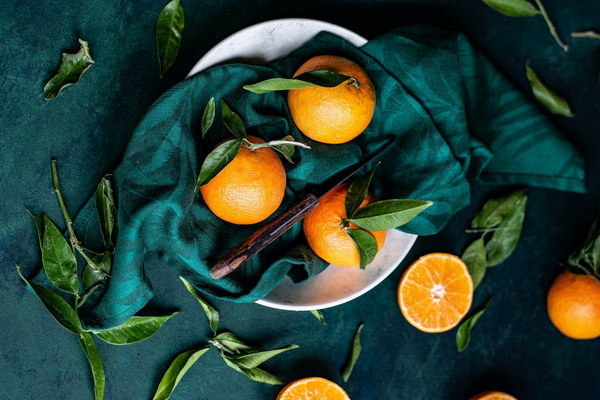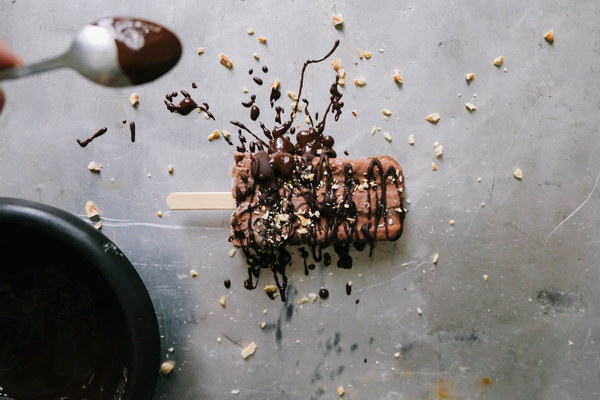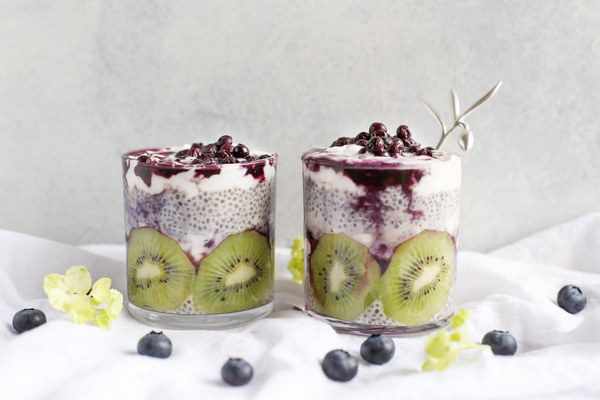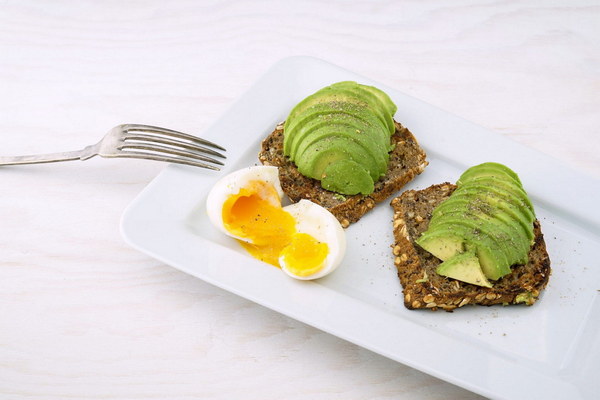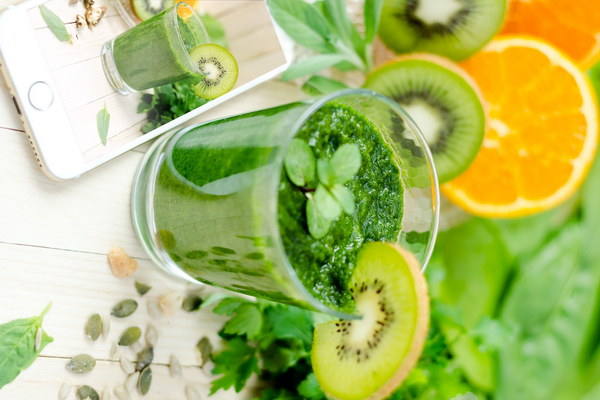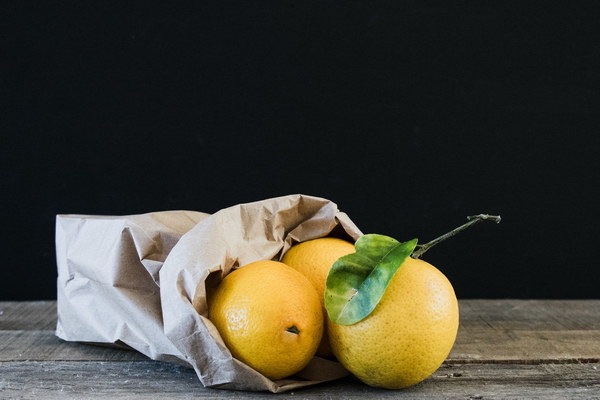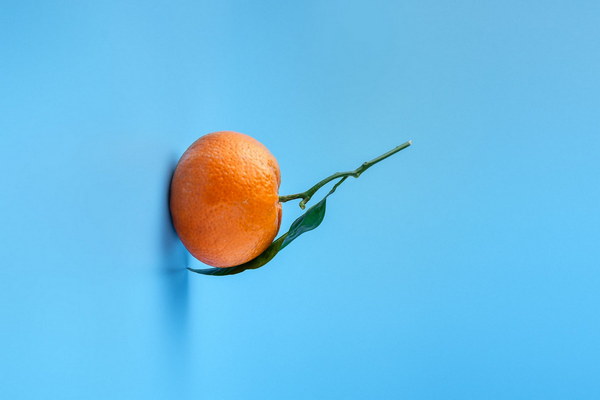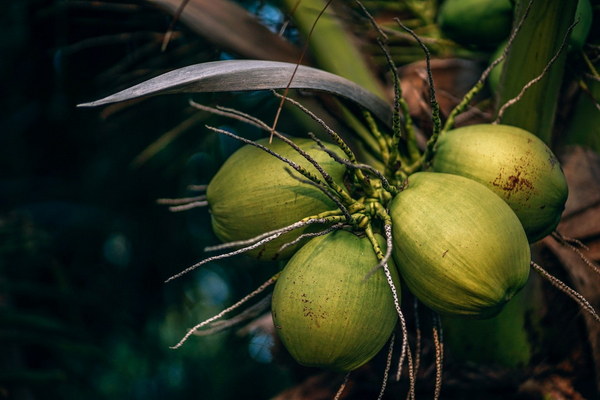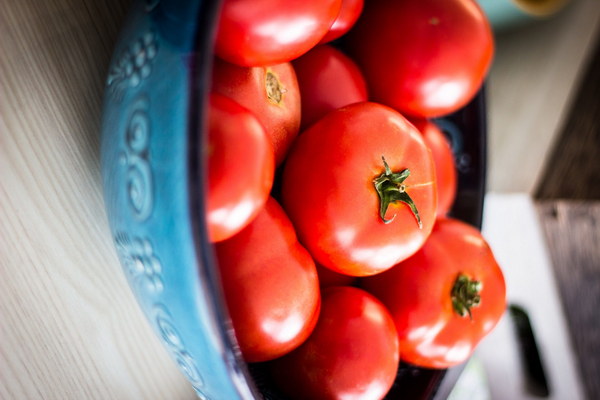Top 5 Wild Berries for Natural Moisture Removal Which One is Right for You
In the pursuit of health and wellness, finding natural remedies for common ailments is a priority. One such condition is moisture, which can be caused by various factors, including humidity, diet, and poor circulation. While there are many commercial products available to tackle moisture issues, nature has provided us with some incredible wild berries that can effectively alleviate this problem. In this article, we will explore the top five wild berries that are known for their moisture-wicking properties, and help you determine which one is best suited for your needs.
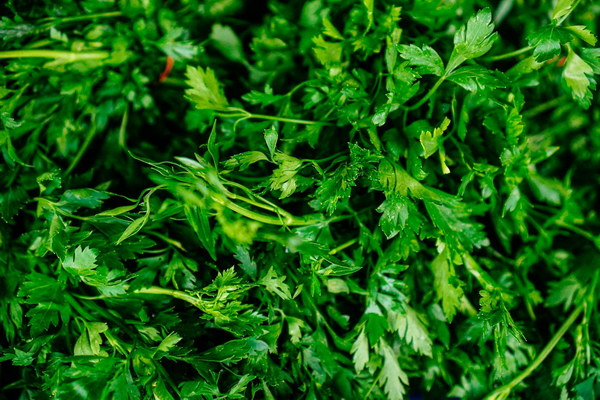
1. Elderberries (Sambucus nigra)
Elderberries are a well-known superfood, and for good reason. They are packed with antioxidants and have been used for centuries in traditional medicine to treat various ailments. Elderberries are particularly effective at removing moisture due to their high vitamin C content, which helps to strengthen the immune system and improve overall health. To use elderberries for moisture removal, you can consume them raw, make a tea, or incorporate them into smoothies and desserts.
2. Goji Berries (Lycium barbarum)
Goji berries are another powerful natural remedy for moisture. They are known for their high levels of antioxidants and anti-inflammatory properties, which help to reduce excess moisture and improve skin health. To harness the moisture-wicking power of goji berries, consume them raw or add them to your morning yogurt or oatmeal. You can also make a goji berry juice or tea for a refreshing beverage.
3. Mulberries (Morus alba)
Mulberries are a rich source of vitamins, minerals, and antioxidants, making them an excellent choice for moisture removal. They are particularly beneficial for those suffering from skin-related moisture issues, such as eczema or psoriasis. To use mulberries for moisture control, incorporate them into your diet by adding them to salads, smoothies, or baked goods. You can also make a mulberry tea or extract to apply topically on affected areas.
4. Raspberry Leaves (Rubus idaeus)
Raspberry leaves are often overlooked, but they are a powerhouse when it comes to moisture removal. They contain tannins, which help to tighten the skin and reduce moisture. To use raspberry leaves, brew a strong tea and apply it as a compress to areas where moisture is a concern. Alternatively, you can make a raspberry leaf infusion and add it to your bathwater for a soothing and moisture-wicking soak.
5. Blueberries (Vaccinium spp.)
Blueberries are not only delicious but also highly effective at removing moisture. They are rich in antioxidants, vitamins, and minerals that help to combat moisture-related issues. To incorporate blueberries into your moisture-wicking regimen, consume them raw or add them to your favorite recipes, such as pancakes, muffins, or salads. You can also make a blueberry tea or extract to use topically on problem areas.
Conclusion
Choosing the best wild berry for moisture removal depends on your personal preferences, dietary restrictions, and specific needs. Whether you opt for elderberries, goji berries, mulberries, raspberry leaves, or blueberries, these natural remedies can help you achieve a healthier, more balanced life. Remember to consult with a healthcare professional before making significant changes to your diet or treatment plan. Happy berry picking!
